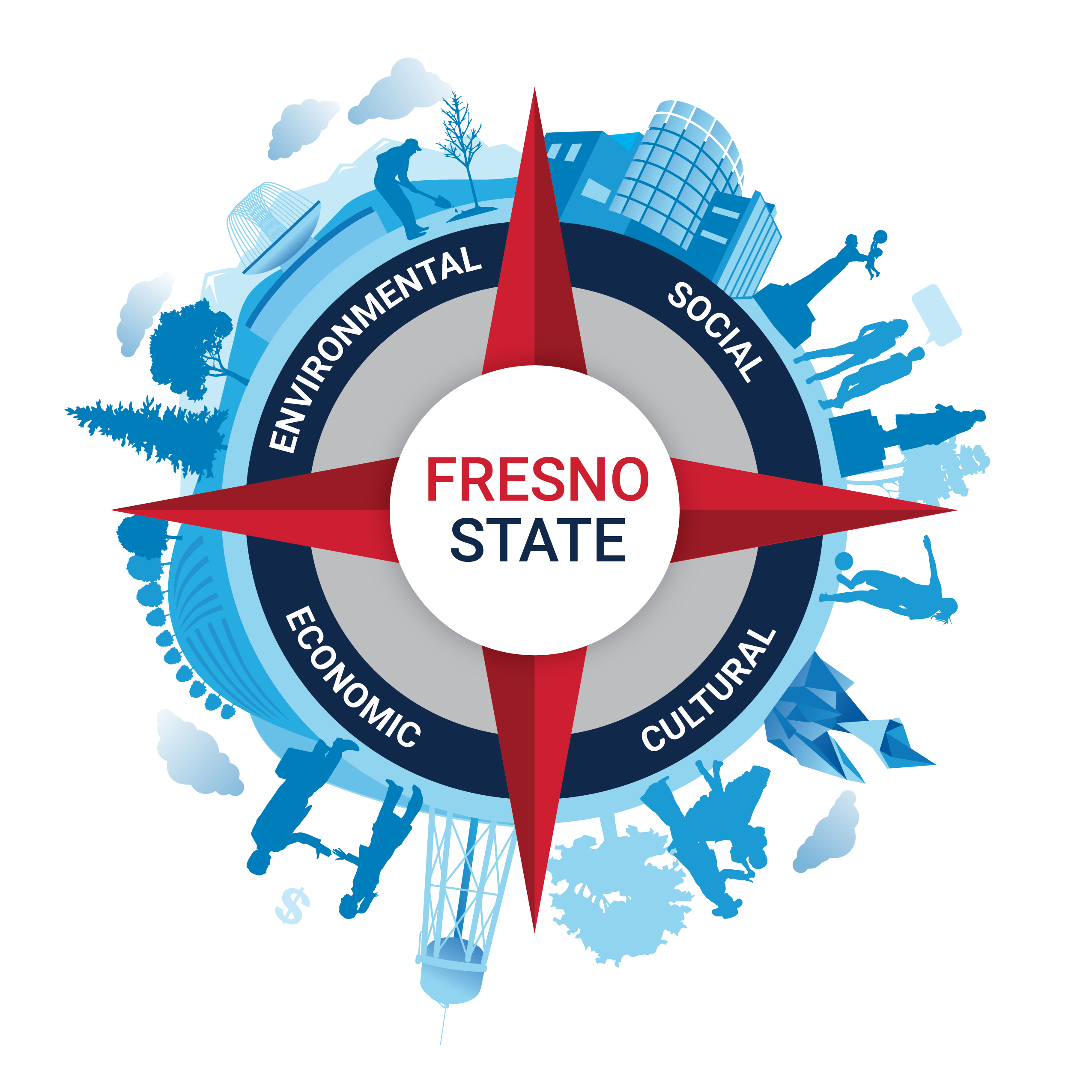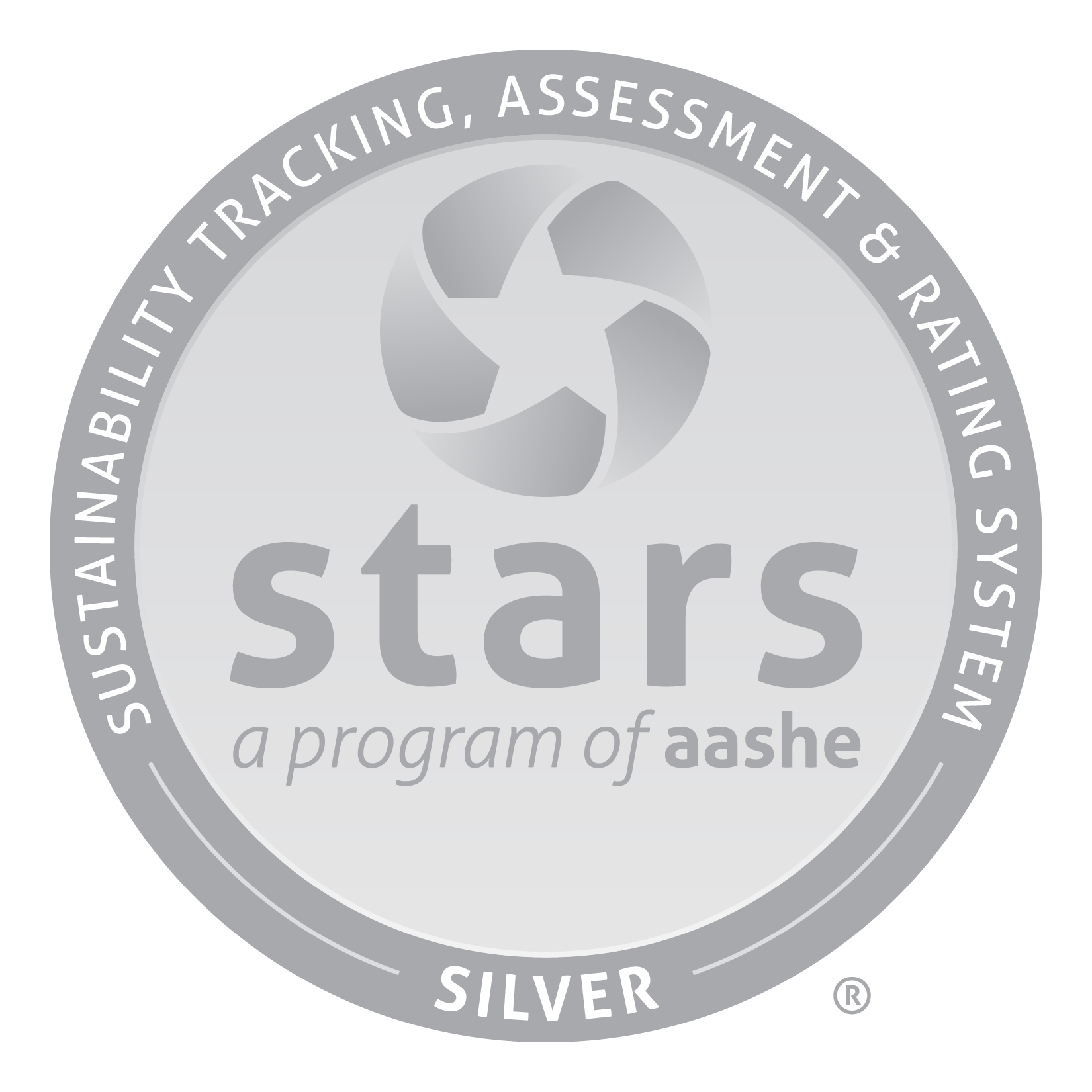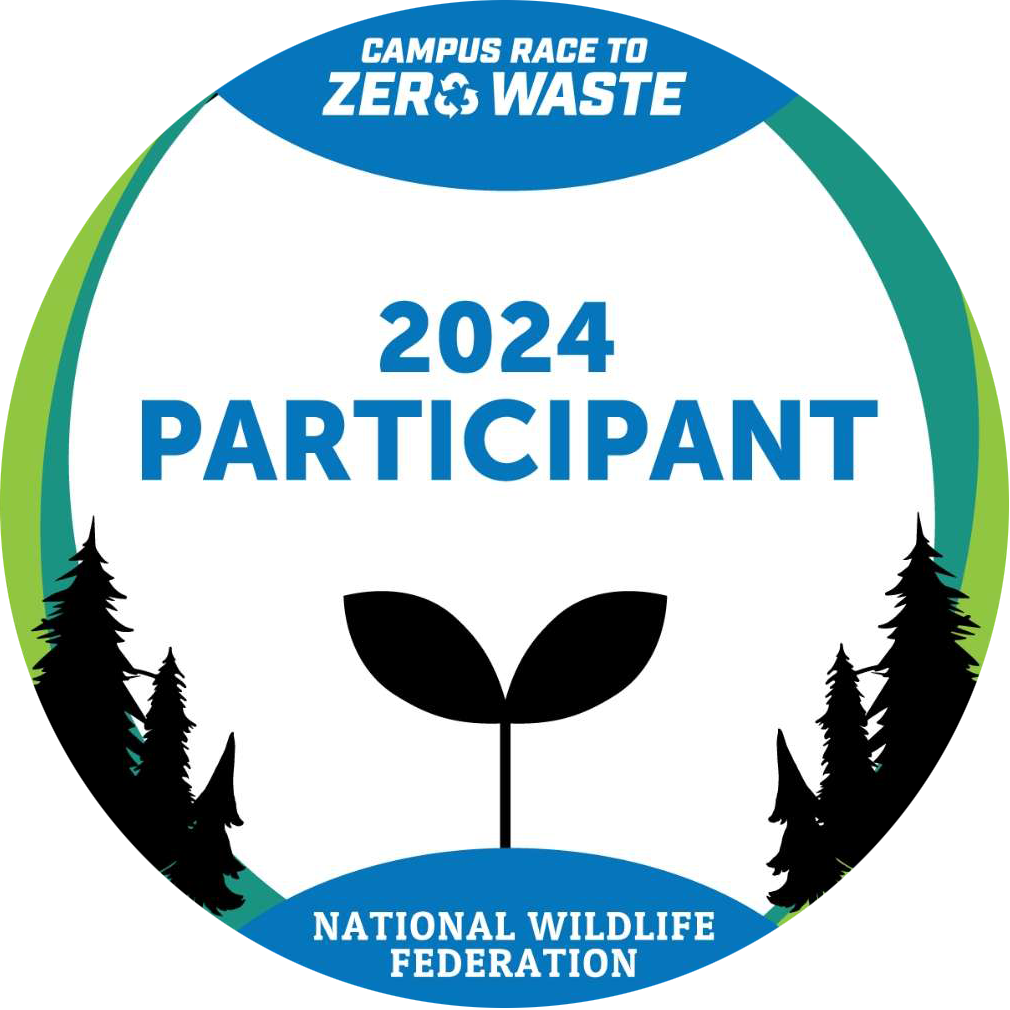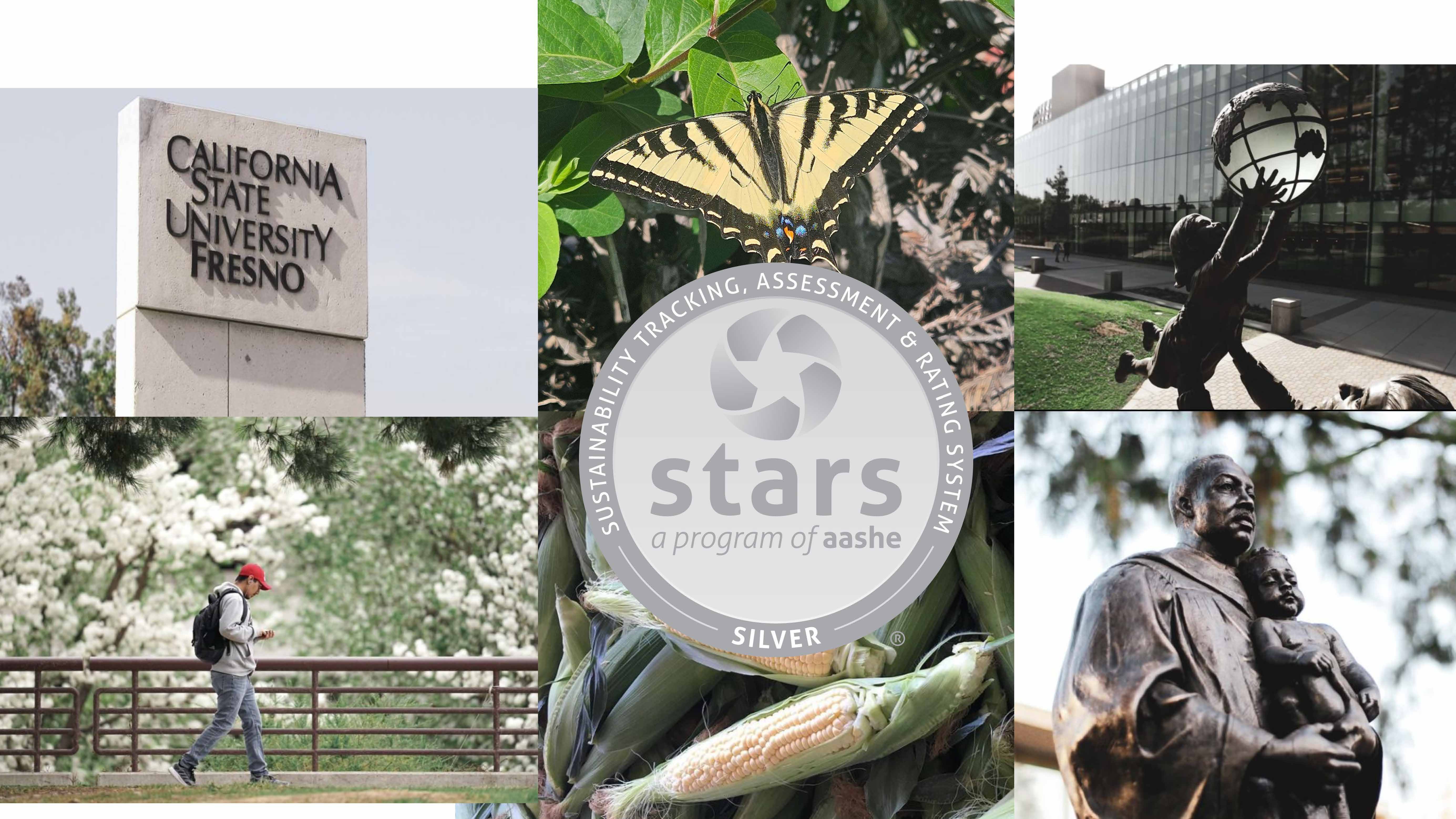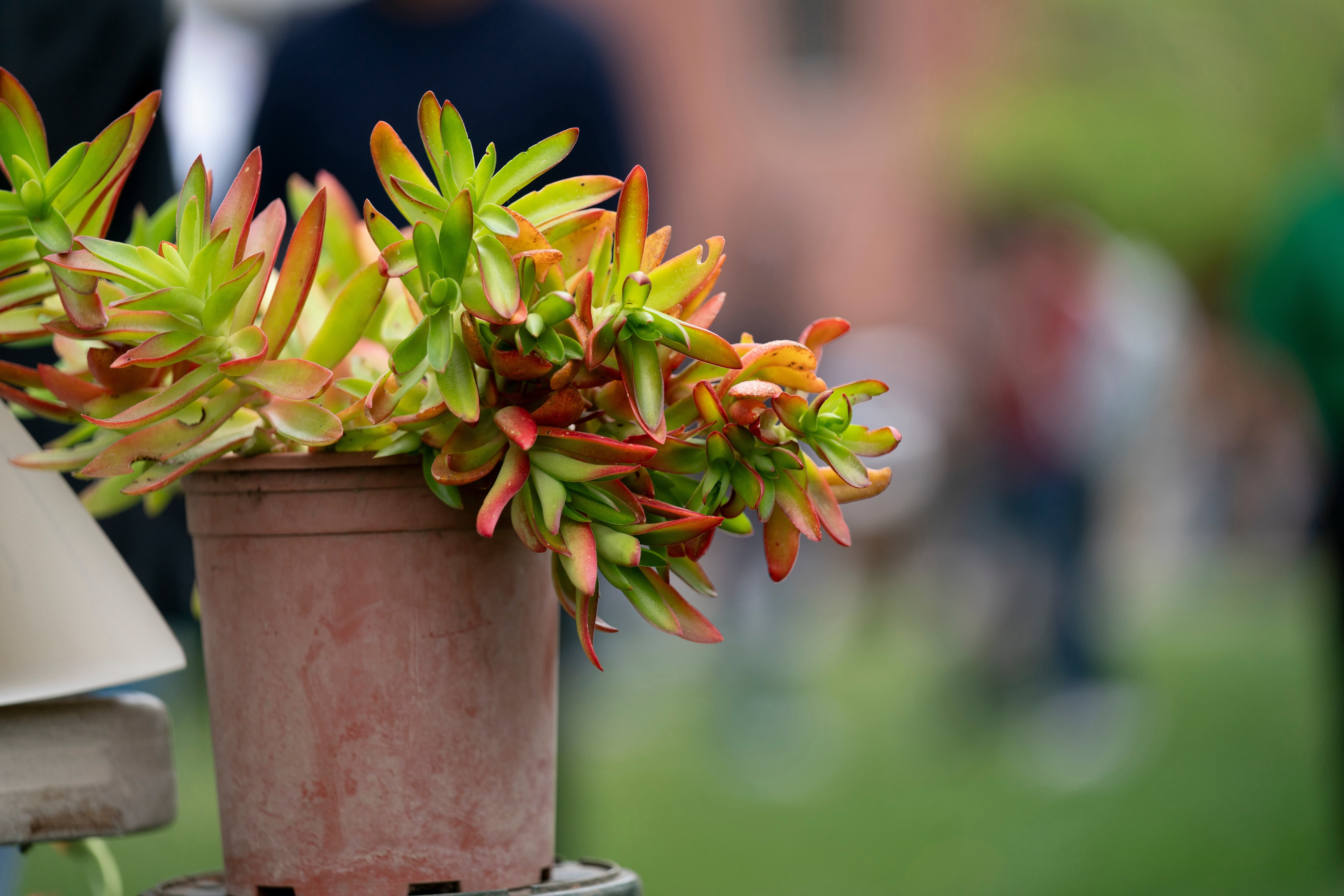Sustainability at Fresno State
Sustainability
The language used to describe sustainability has evolved over the past 30 years to reflect emerging issues. Renewable became sustainable, and global warming became climate change. Sustainability professionals worked on climate action planning, then mitigation, then adaptation, and now resilience. This change in lexicon underscores the dramatic speed with which the effects of climate change have advanced from theory to painful reality.
Fresno State and the CSU are committed to positioning ourselves as "leaders in the teaching and use of applied research to educate climate literate students equipped to solve the complex challenges of the world and prepare them for an evolving workforce." Higher education plays a vital role in creating new knowledge and finding potential solutions for sustainability issues, which is why our university is committed not only to making our physical campus more resilient but also developing generations of future leaders who understand and prioritize sustainability for the public good. In the face of a changing climate, we only see a future where we more responsibly manage our resources and human capital to better benefit our campus and serve as a model for others in our community to follow.
The first step in making our campus more sustainable involves collecting and analyzing campus data to identify areas in which we can improve. We do this by using the STARS (Sustainability Tracking, Assessment, and Rating System) framework from AASHE (Association for the Advancement of Sustainability in Higher Education). In 2024, Fresno State received a Silver rating from AASHE STARS for our university's collective performance in sustainability, an improvement from the Bronze rating received in 2020.
We recognize that making our campus, and the Central Valley, more sustainable goes beyond AASHE STARS reporting, requiring innovative and collaborative approaches to solving complex problems. Here, you will find the most up-to-date information on sustainability-related projects and initiatives led by students, faculty, or even alumni; resources and data relevant to our region; a showcase of Facilities Management's best sustainability practices on campus; and opportunities for education and engagement with the greater community regarding sustainability challenges in the Central Valley.
